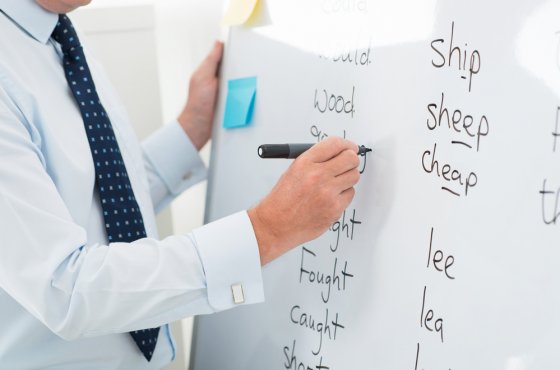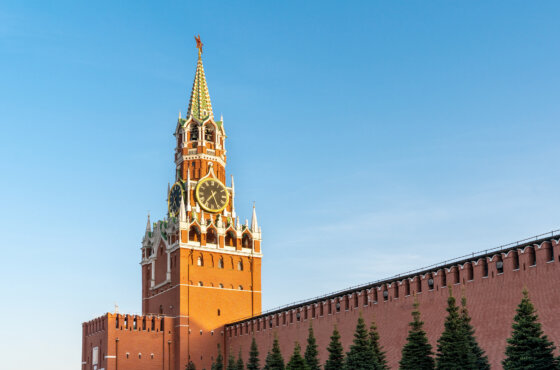Trump restricted Americans to travel to Cuba: what else did the president decide to change

Photo: depositphotos.com
US President Donald Trump said that he cancels the unilateral deal of the former US administration of Barack Obama regarding Cuba. The statement was made in Miami during Friday's speech, reports Fox News.
According to him, the new administration is ready to begin negotiations on a new agreement.
“I immediately and completely rescind the last administration’s one-sided deal with Cuba,” Trump told the cheering crowd. - I keep my promises. And now that I am your president, America will expose the crimes of the Castro regime.”
The measures include a restriction on travel to Cuba for Americans and a ban on doing business with the Cuban military conglomerate GAESA, which is supposed to control more than half of the Cuban economy.
Trump also wants to restrict cash flows from the United States to Cuba and to ensure strict compliance with the existing tourism ban, putting an end to individual travel.

Photo: depositphotos.com
From now on, American tourists can visit the island as part of organized tourist groups from American companies. During the presidency, Obama canceled the mandatory flights in the group, thereby allowing tens of thousands of Americans to book private trips and pay Cubans for hotel rooms, restaurants and taxis.
Trump focused his speech Friday on crimes and misdemeanors of the Castro government, saying that his administration would not "hide from it." He accused the regime of harboring "murderers of police officers, kidnappers and terrorists."
American airlines and cruise ships will continue to operate on the island.
The US Embassy in Havana, which opened in August 2015, will remain a full-fledged diplomatic outpost. Trump also does not overturn Obama’s decision to end the wet-dry-dry policy, which allowed most Cuban migrants to remain in the United States and become lawful permanent residents.
Also, no changes are expected in the American rules governing goods that Americans can bring from Cuba, including rum and cigars made at state-owned enterprises.
In his speech, Trump confirmed that the US Embassy would be open in the hope that the two countries would find a “better way”. But he added that his administration will monitor compliance with the embargo and the ban on tourism, and will not lift the sanctions until the regime releases all political prisoners.
Trump's decision was met with both praise and criticism.
Thus, Republican Senator Marco Rubio, who helped formulate a new policy on relations with Cuba, addressed the president in Miami, praising the changes.
“A year and a half ago... the American president arrived in Havana to extend his hand to the regime. Today, the new president arrived in Miami to extend his hand to the people of Cuba,” Rubio said.
Republican Ed Royce, chairman of the Foreign Affairs Committee of the House of Representatives, believes that “the main priorities are to push back the Cuban military, monitor human rights and give people access to the Internet.
Senator Ron Seen, chief democrat on the Senate Finance Committee, said these actions "could slam the door and return to an unsuccessful isolation policy that did nothing to improve the lives of the Cuban people and could damage the American economy."
The US imposed an embargo against Cuba in 1960, after 2, after the revolutionary communist Fidel Castro overthrew the dictator Fulgencio Batista.
US and Cuba began to take diplomatic efforts to normalize relations between the two countries at the end of 2014.
Shortly after the meeting of the presidents of the two countries - Barack Obama and Raul Castro - the American leader decided to exclude Cuba from the list of state sponsors of terrorism. At the same time, plans were announced to resume the ferry and aviation message between countries.
Then the historical ones took place - the first in 35 years - negotiations in Havana at the highest diplomatic level between the United States and Cuba.
July 20 in Washington and Havana, for the first time in more than 50 years, again embassies opened USA and Cuba.
Read also on ForumDaily:
Traveler Guide: 8 Myths About Travel Agencies
Why Americans treat cancer in Cuba
Personal experience: Cuba as an unfree Island of Freedom
What you need to know the citizens of the United States, traveling to Cuba
Subscribe to ForumDaily on Google NewsDo you want more important and interesting news about life in the USA and immigration to America? — support us donate! Also subscribe to our page Facebook. Select the “Priority in display” option and read us first. Also, don't forget to subscribe to our РєР ° РЅР ° Р »РІ Telegram and Instagram- there is a lot of interesting things there. And join thousands of readers ForumDaily New York — there you will find a lot of interesting and positive information about life in the metropolis.











